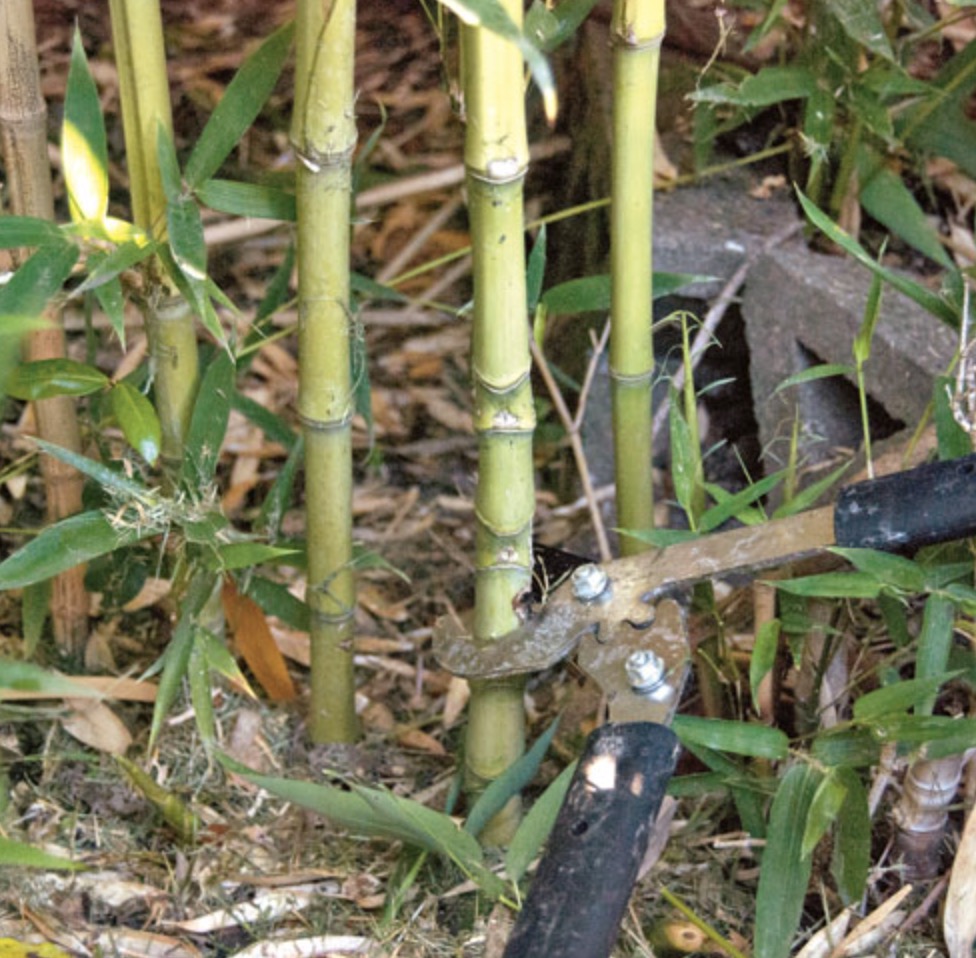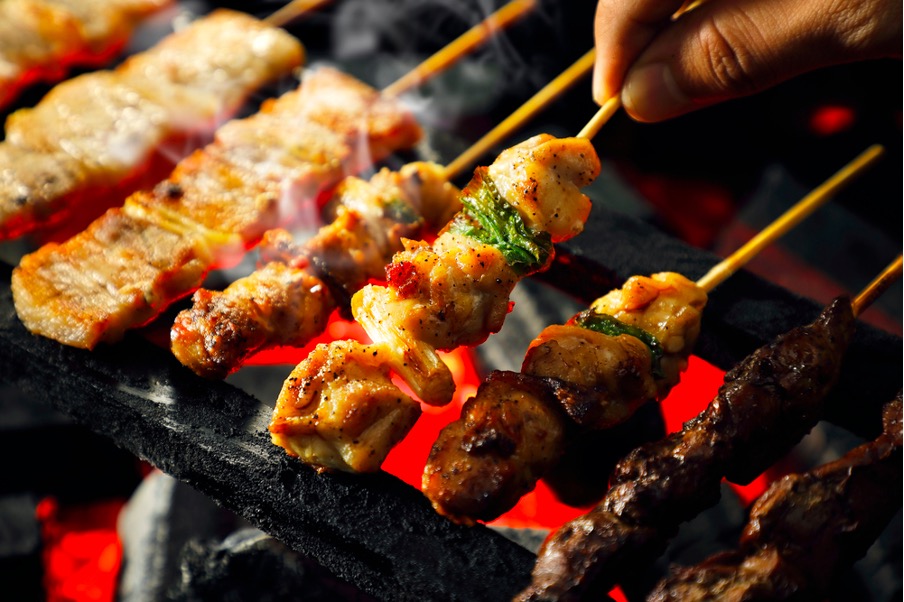Many of us must be familiar with bamboo and its products, and it is inevitable to grow this tree economically. Yet, there is some knowledge and facts you must know before planting bamboo, such as how fast does bamboo grow, along with some suitable conditions for the cultivation.
Let’s read on for detailed explanations!
How Fast Does Bamboo Grow?
In fact, bamboo is one of the fastest-growing plants, of which 45 genera of this plant is recorded as one of the world’s fastest-growing trees.
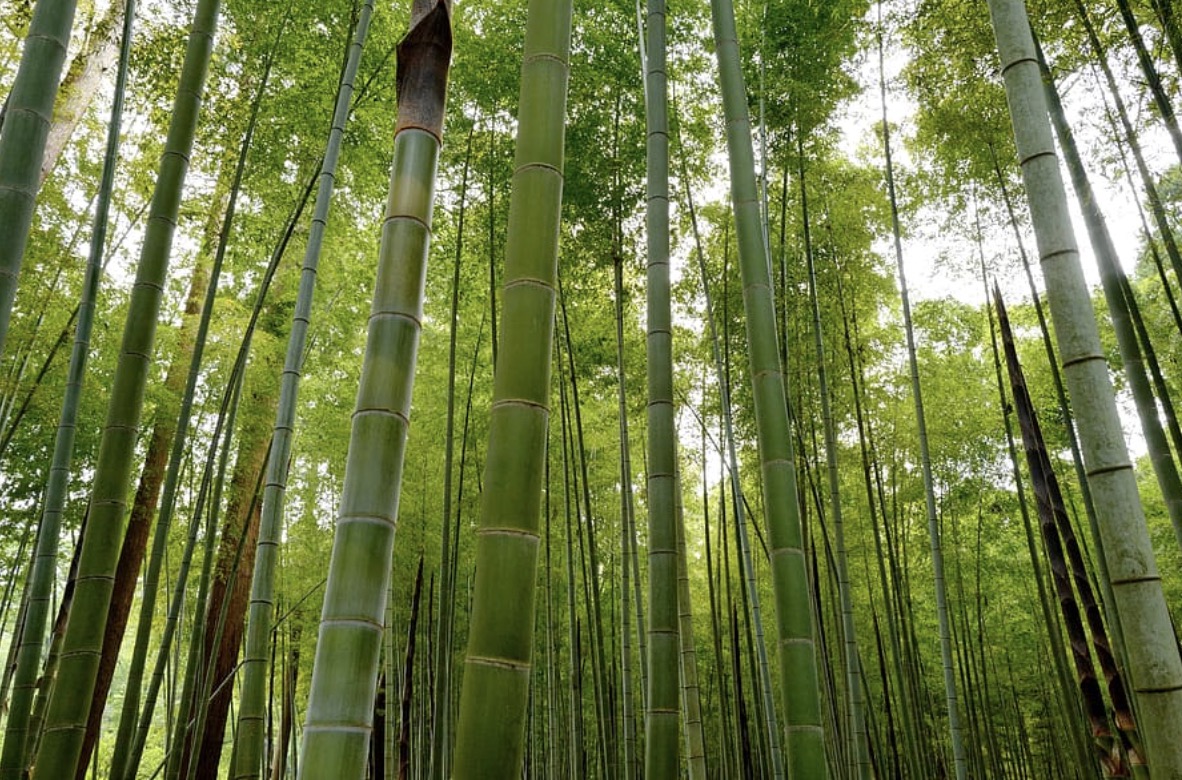
Scientists conducted surveys and discovered that this species could grow up to 91 cm every day, around 0.00003 km/h (0.0002 mph). If humans grew at this rate, a child would attain the size of an adult in roughly three days. Isn’t it amazing?
Every year in the spring, bamboo will create new shoots, which will gradually emerge from the ground and begin to grow at an exceptionally quick rate.
Still, nature always sets limits to species that will adapt best to the natural conditions of other animals and plants. Unlike other plants, bamboo stops growing in height and diameter after 60 days. After that, all they do is grow roots and generate new foliage every year.
What Does Bamboo Need to Thrive?
Before you enter the world of farming, the most important thing you can do to avoid failure is to learn about the features of the plant you intend to cultivate and its growing conditions. As for bamboo, here are a few things to keep in mind:
Space & Area
Although bamboo ceases to grow at an early stage, it is already amazing in height and width. Thus, you will have to prepare a vast area for this plant to grow efficiently. We recommend planting each shoot about 5 square feet apart to avoid overlapping growth or twisted roots.
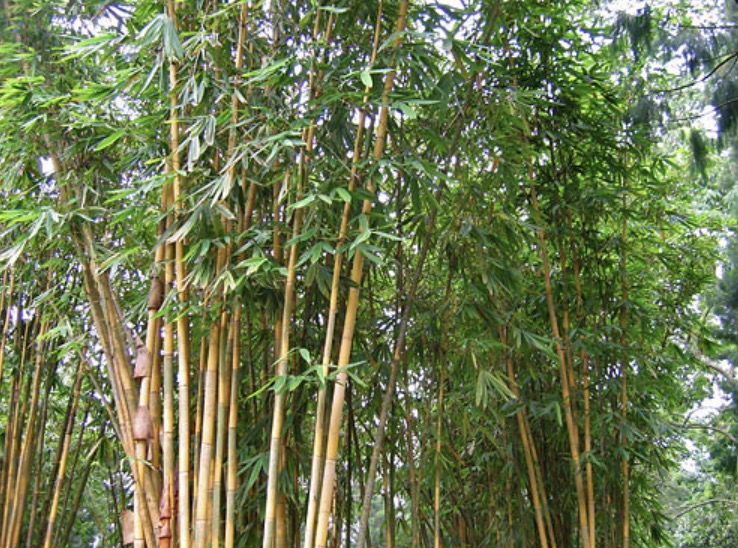
Still, the distance between the trees shouldn’t be too vast. This could even lead them to die due to the lack of ideal humidity and light.
Soil & Fertilization
Although bamboo is not demanding in terms of geological origin, it can grow best on loamy, acidic soil with a pH of 6.0. You still need to take measures such as tilling and fertilizing, as natural conditions are not enough!
In particular, we advise farmers to prioritize the selection of nitrogen-rich fertilizers. On the packaging of NPK fertilizers, choose the type with %N higher than %P and %K.
Water & Humidity
Bamboo is a water-loving plant that requires a lot of water to grow and develop. So, needless to say, you have to water the bamboo regularly!
Also, bear in mind that you should not wet the plant’s roots to prevent rot; instead, add moisture to the soil and let the plant absorb water naturally and slowly. Furthermore, drainage arrangement is critical to minimize waterlogging, leading to pest development and plant mortality.
Light & Air
Is your area not having enough sunlight? Don’t worry too much because bamboo can still thrive in these shady regions with at least 4 hours of sunlight every day. This kind of tree tends to grow best in areas where the sun shines for about 6 hours a day.
When exposed to sunlight, the rate of absorption and metabolism of nutrients in plants will occur faster, leading to strong plant growth.
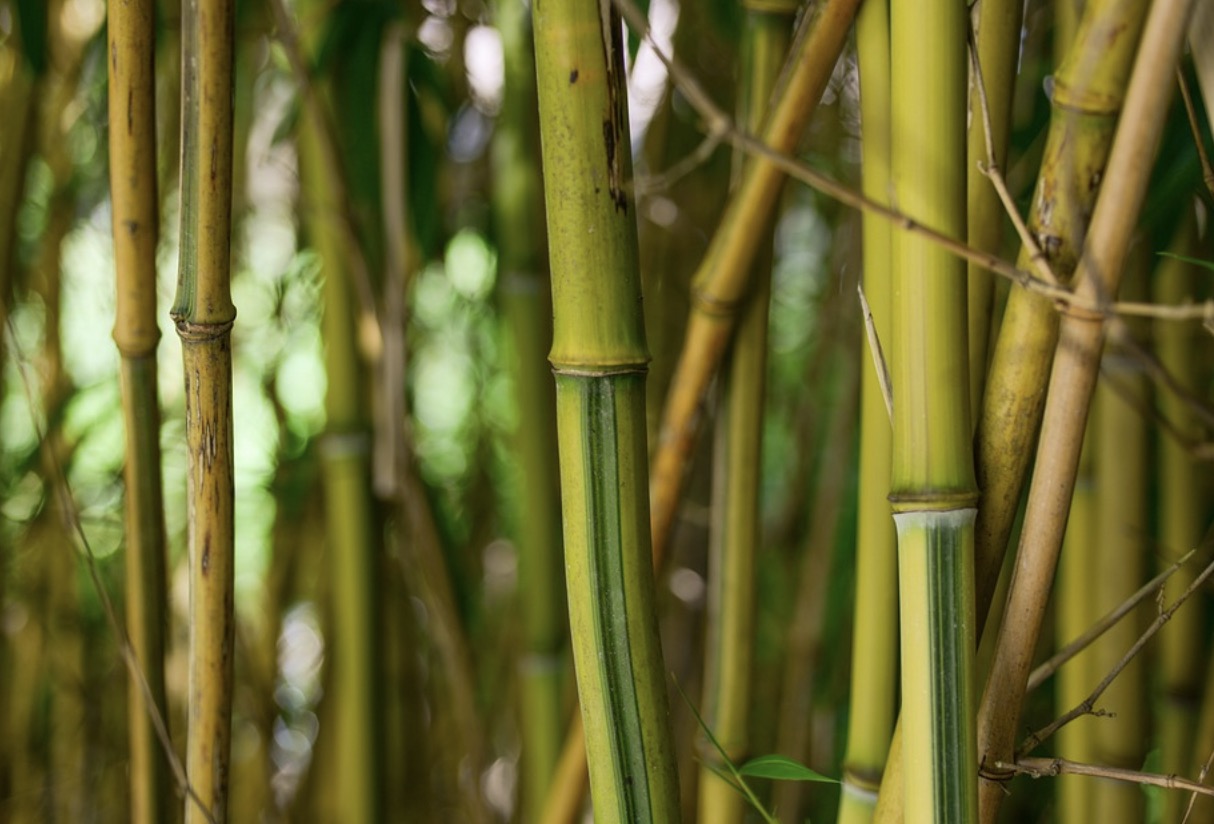
Besides, the atmosphere is an environmental condition that is difficult to control, especially in large spaces. Be mindful to keep the air from being overly polluted by dust or chemicals for the healthy development of bamboo.
Temperature & Environment
Various types of bamboo may adapt to varying conditions of ambient temperature, and you have the responsibility of selecting the suitable type in your area to begin growing. At temperatures around 60 F and up to 80 F, tropical bamboo species can flourish. Meanwhile, others are more cold-loving and can grow at 20 degrees F.
How Long Can A Bamboo Grow?
In the spring, the rhizome nodes will bring new culm (canes) upwards. These fresh shoots are exceedingly soft that even a child can break them apart. The culms emerge from the ground and expand at an incredible rate, as we stated above. Under ideal conditions, they will reach maturity in about 40-60 days.
At this time, the new branches and leaves at the top and the roots will continue to grow, creating new shoots. Though we might think the bamboo has stopped growing by observing it, it still continues to grow and prepare for the young bamboo shoots.
Does Bamboo Produce Flowers?
Despite its rapid growth, bamboo only blooms every 60-100 years, once in a lifetime. The spectacular flowering of bamboo is a fascinating occurrence to everyone, and to this day, it remains a mystery to many botanists!
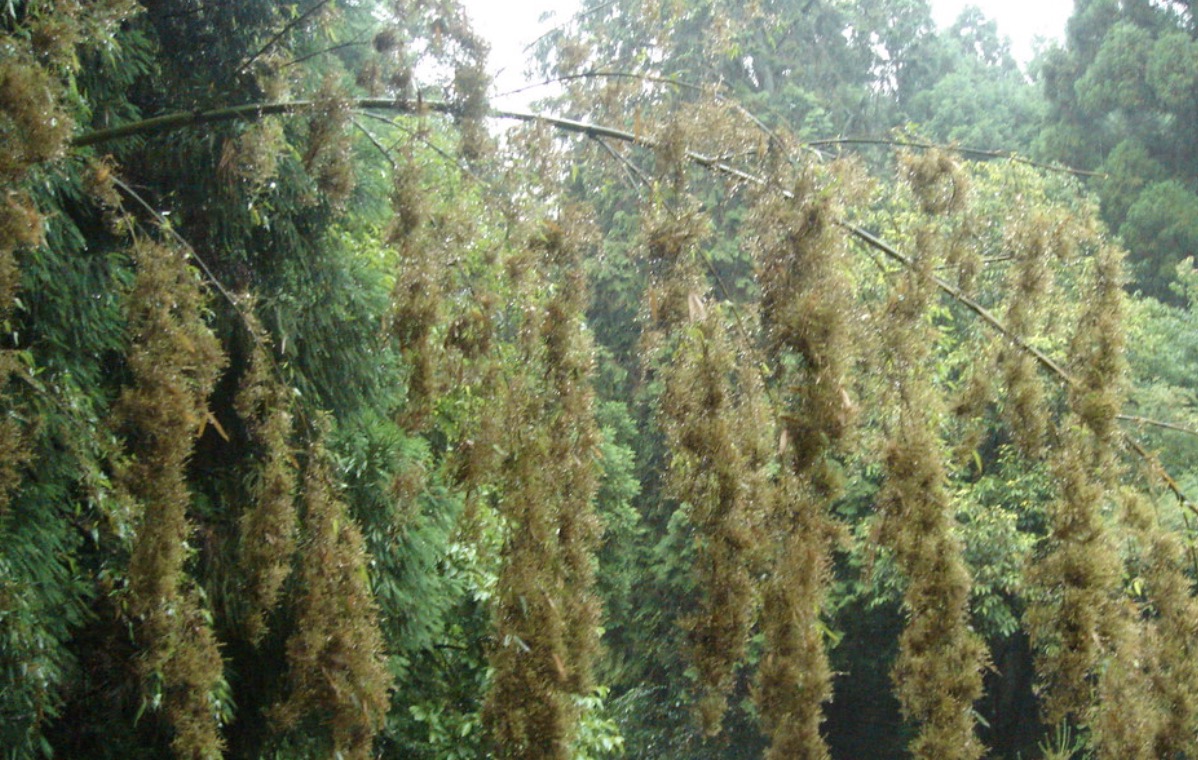
What’s more amazing is that most bamboo varieties flower simultaneously, regardless of geographical location or climate, as long as they originate from the same mother tree.
Nature is truly fascinating and wonderful that we humans still have a long way to go before completely exploring all of these wonders!
Fast-Growing Bamboo Species
Let’s dive into this section to discover the three fast-growing bamboos.
Golden Bamboo (Or Phyllostachys aurea)
This special name derives from the distinctive color: a green-to-yellow rather than the typical green bamboo. Specifically, the bamboo even shines like gold under the right conditions with sunlight.
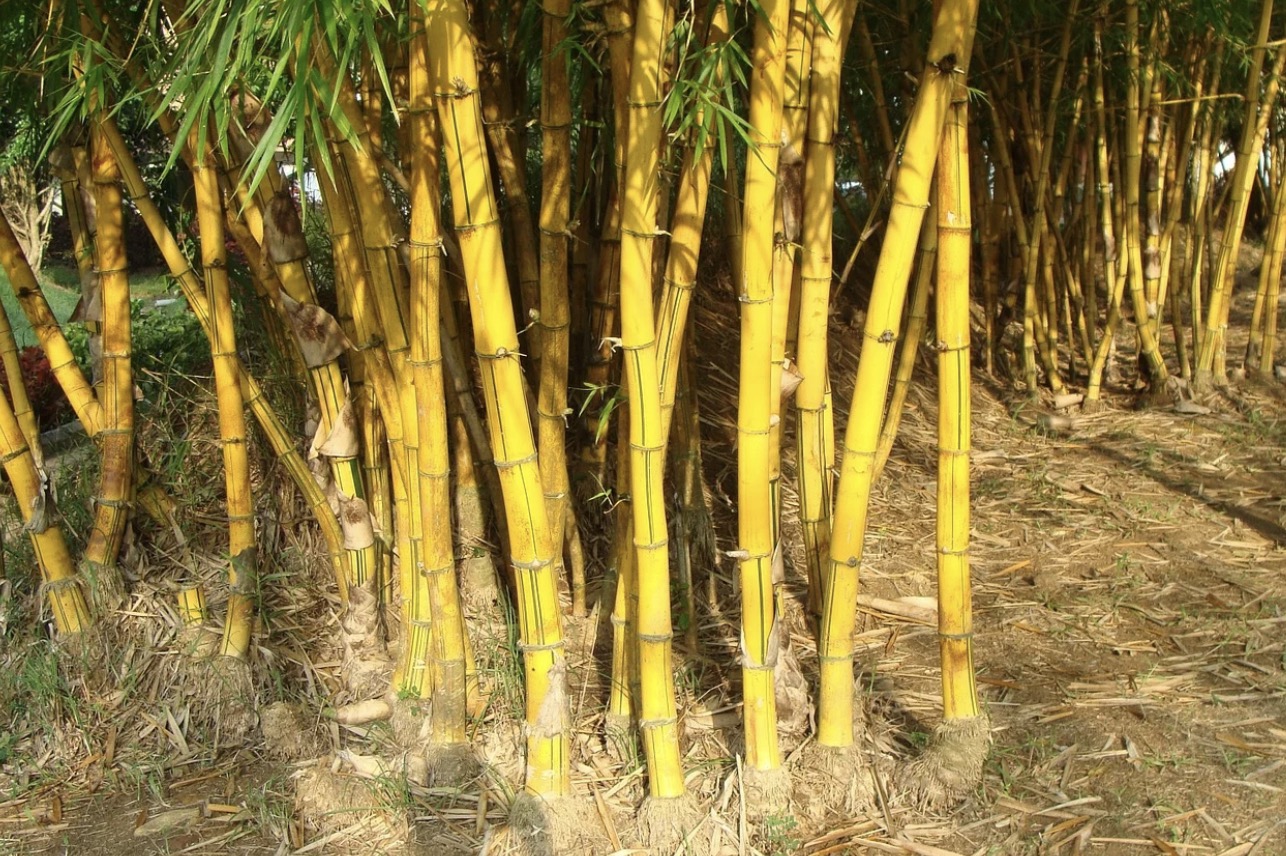
In less than one year, the Golden Bamboo stems may reach the maturity of 35 ft tall and have a diameter of up to 2”.
Green Glaucous Bamboo (Or Phyllostachys Viridis)
The Green-Glaucous is another rapidly growing bamboo variety. It has a vivid green hue, just like its name indicates, sometimes with white lines. This plant can grow up to 20 inches per day, and it can develop up to 35 ft tall with a diameter of up to 3” during its lifetime.
Green Stripe Vivax (Or Phyllostachys Vivax)
This is an outstanding representative of the bamboo family with extremely eye-catching yellow and green stripes. In detail, this type of bamboo can also grow up to 20 inches per day and reach a maximum height of 45 ft.
Conclusion
A few final words to the question: how fast does bamboo grow?
Bamboo is the fastest-growing plant in the world, up to the present time. Nevertheless, after a certain period, it will stop growing in height and width. Then, it will focus on growing new foliage and roots and creating a new generation of bamboo.
Related Articles
Help Us! Share on:





